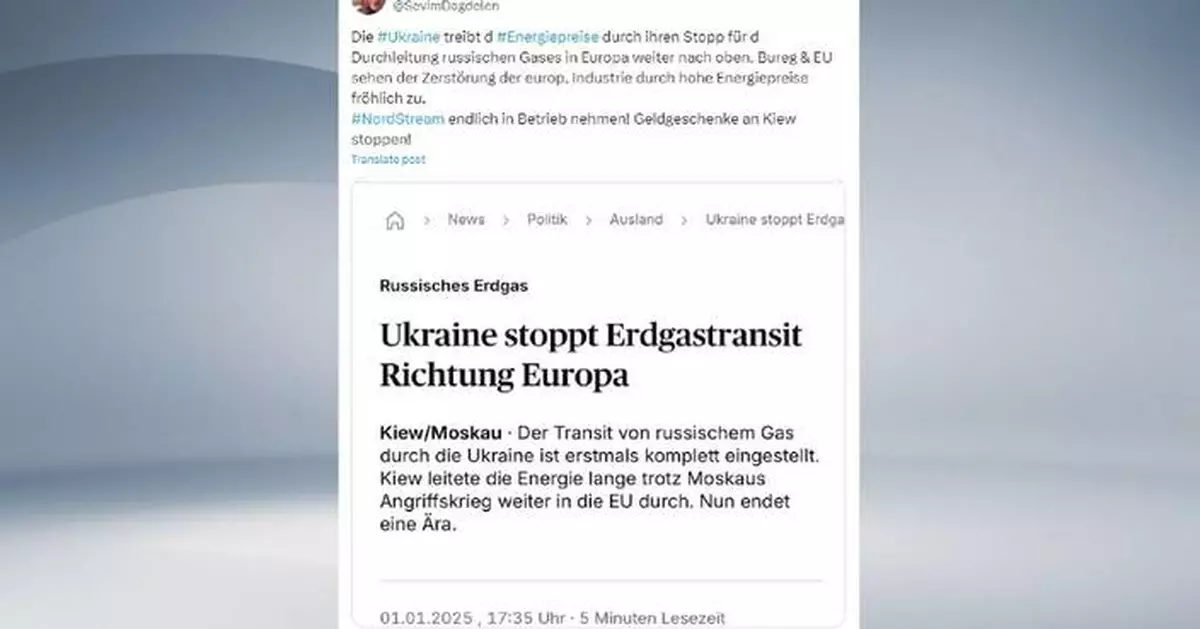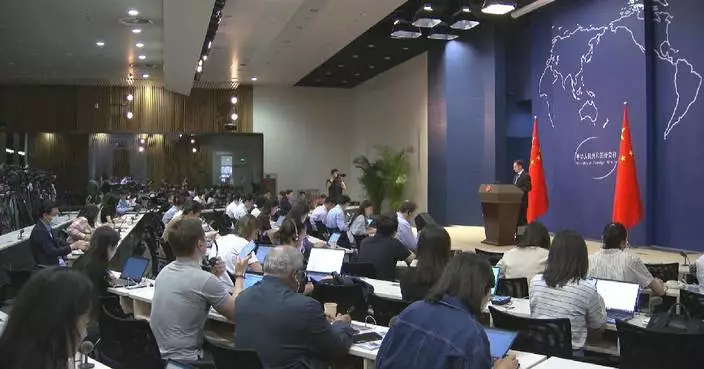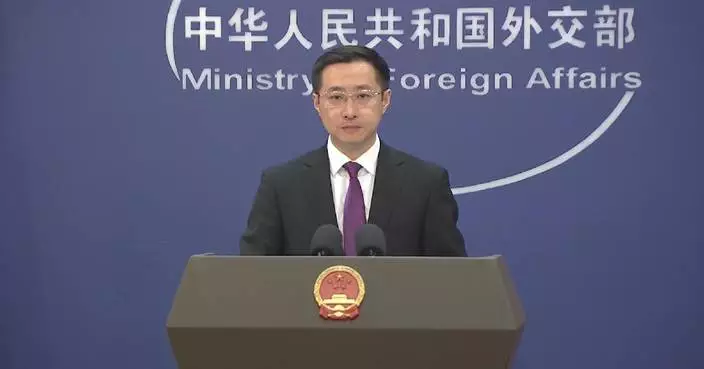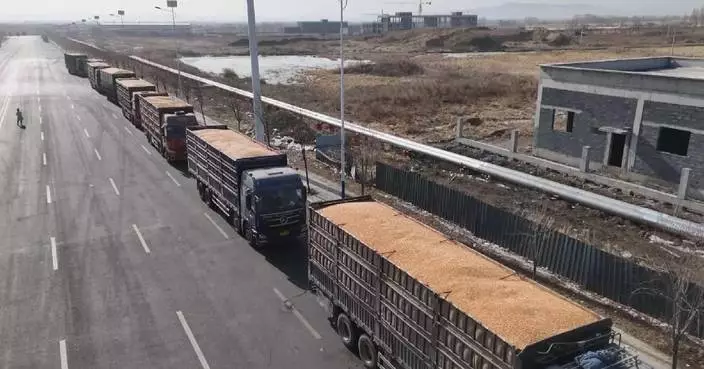A German lawmaker has called for restart of the Nord Stream natural gas pipeline, as the halt of gas transit caused soaring energy prices in the European Union (EU) states.
The halt in Russian gas transit through Ukraine has heightened fears over supply shortages and soaring energy costs in Europe.
Both Ukraine and Russia announced the stoppage of Russian gas supplies through Ukraine's territory to Europe on Wednesday, pushing some EU countries to resort to costlier energy alternatives.
Sevim Dagdelen, left-wing Member of German Bundestag, wrote on her social media platform on Thursday that the halt of the transit of Russian gas in Europe further drives the energy price up, complaining that "the German government and the EU are happily watching the destruction of European industry due to high energy prices."
Dagdelen proposed that Germany should take immediate action to repair and restart the Nord Stream pipeline to alleviate the problem of natural gas shortages.
Dagdelen is not the first German lawmaker to call for the restart of the Nord Stream pipeline. Last September, Tino Chrupalla, co-chairman of the right-wing populist party Alternative for Germany, said that this submarine pipeline is the lifeline of German industry and that the Nord Stream pipeline must be repaired, restarted and protected.
On New Year's Day, European natural gas futures prices hit their highest level since October 2023 after Russia's natural gas supplies to Europe via Ukraine were stopped.
In addition, the supply cut has begun to affect many European countries, including Slovakia and its neighbor Poland.
Slovak Prime Minister Robert Fico on Wednesday said that the halt will have "severe consequences for all of us in the European Union (EU), but will not harm Russia."
Fico said that Slovakia stands to lose hundreds of millions of euros in gas transit fees, while its citizens will face higher gas and electricity bills. He criticized major EU nations for prioritizing geopolitical goals at the expense of smaller countries' interests and needs.
On the same day, Slovakia's gas importer, SPP, announced that it has contingency plans in place to ensure gas supplies through alternative channels, such as utilizing pipelines from Germany and Hungary. However, this will incur additional transit fees.
At present, Slovakia is considering taking retaliatory measures against Ukraine. The ruling coalition in Slovakia has reached a preliminary agreement to stop the supply of electricity to Ukraine and significantly reduce support for Ukrainian citizens in Slovakia. The government is expected to announce the decision next Tuesday.
Meanwhile, in Slovakia's neighbor Poland, some officials have proposed that if Slovakia cuts off the power supply to Ukraine, Poland is willing to transport electricity from its own power plants to help Ukraine through the difficulties.
In this regard, Lukasz Wojdyga, director of the Center for Strategic Studies of the Warsaw Enterprise Institute, pointed out that Poland's electricity production mainly relies on coal, and the additional emission costs it pays account for 60 percent of the energy price, making Poland one of the countries with the most expensive electricity prices in the European Union. If Poland is determined to help Ukraine fill the electricity gap, transmitting electricity to Ukraine will further increase costs, and ultimately the interests of its own consumers will be harmed, he noted.
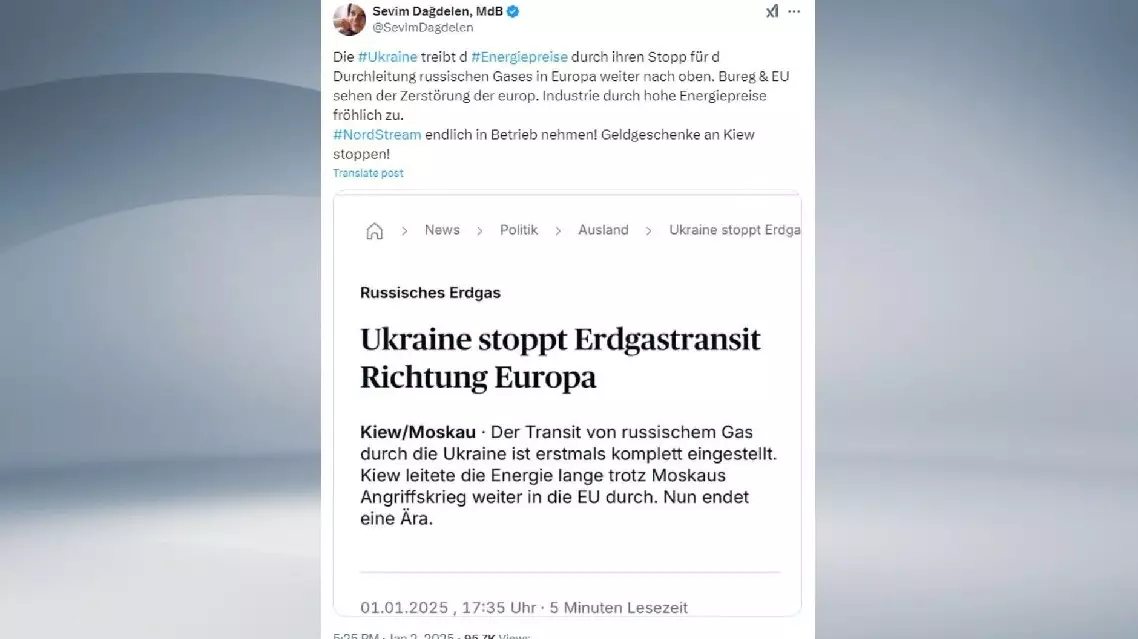
German lawmaker calls for restart of Nord Stream pipeline
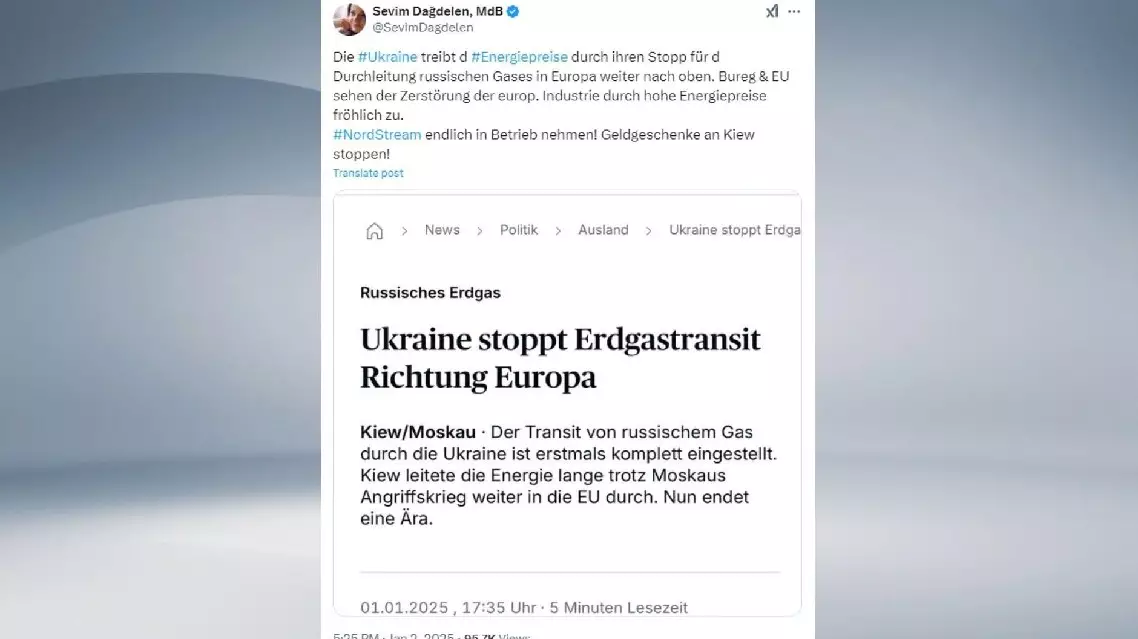
German lawmaker calls for restart of Nord Stream pipeline


